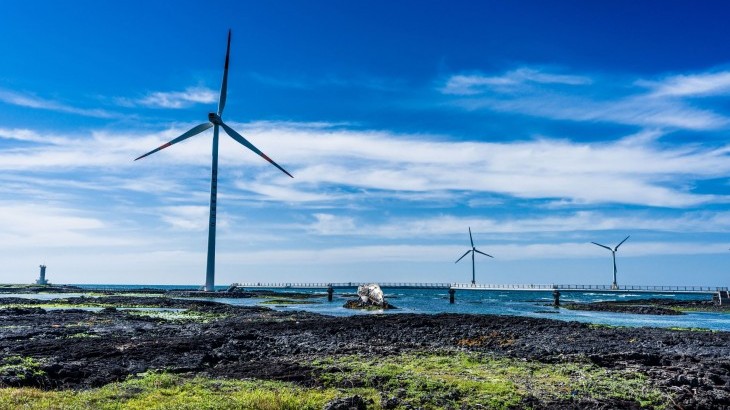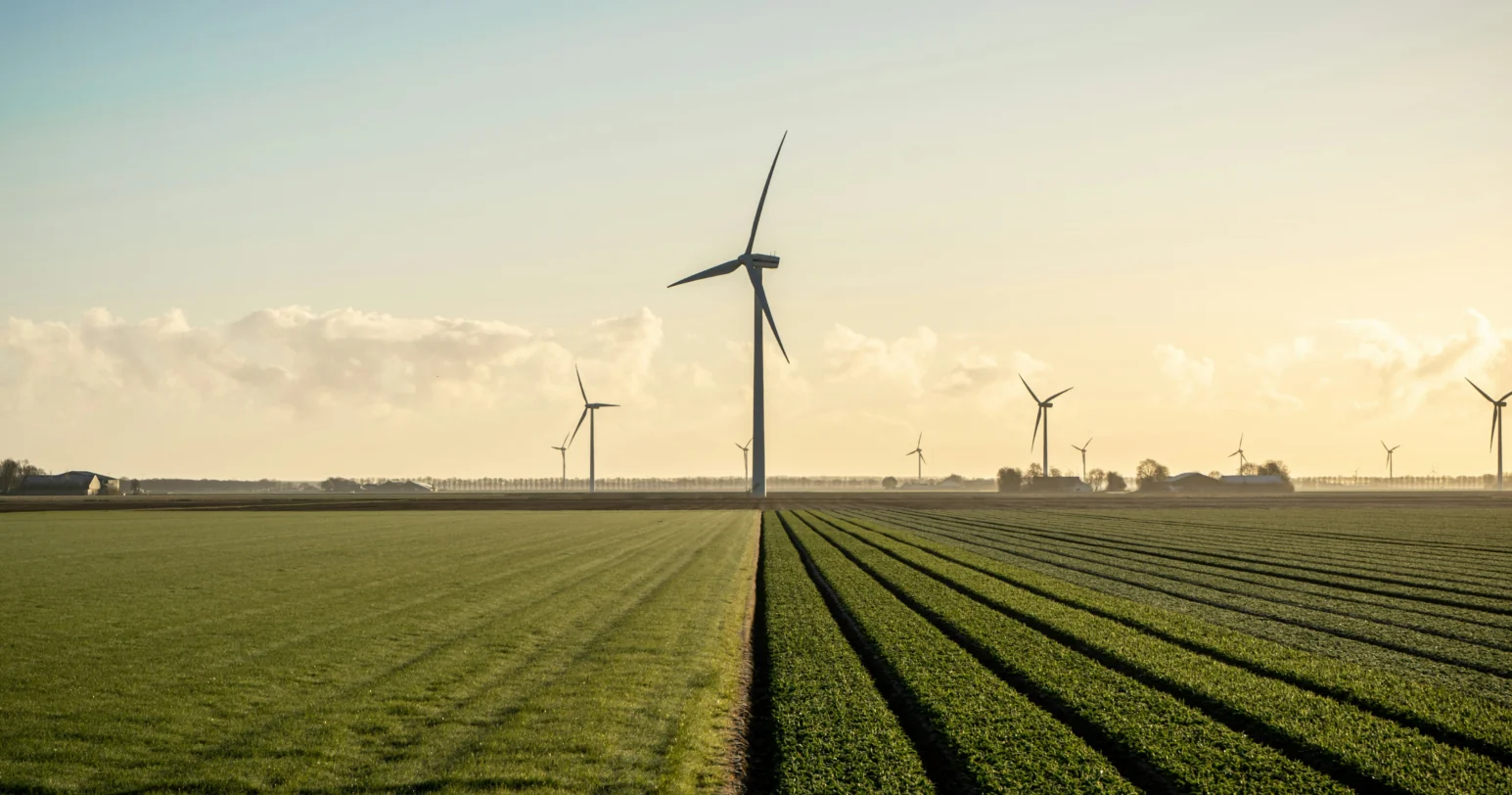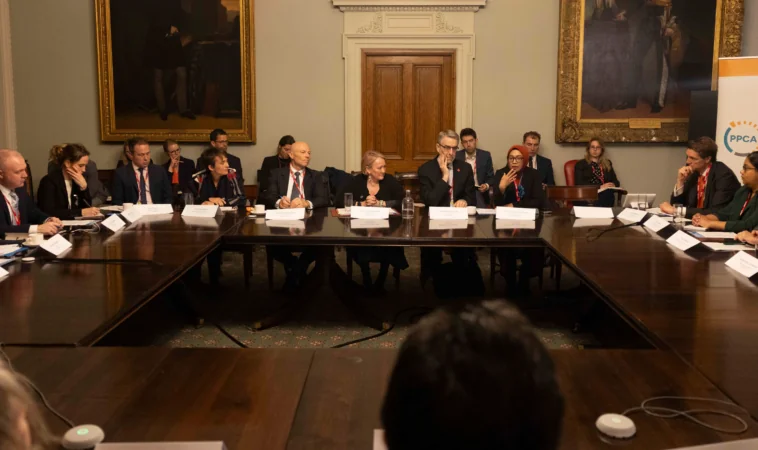
By setting a domestic coal phase-out date by 2030 or soon after that meets the goals of the Paris Agreement, and committing to build no new coal plants, South Korea has the opportunity to join the PPCA, and become a regional leader in the shift away from coal, write John Murton, UK COP26 Envoy and Patricia Fuller, Canada’s Ambassador for Climate Change.

In less than six months, world leaders will come together in Glasgow for the 26th UN Climate Change Conference, COP26. This comes at a critical point for our planet and we must ensure it is the moment we take decisive action to safeguard its future.
Climate change is having a devastating impact on our communities and natural habitats – last year was the hottest on record, the last decade the hottest ever recorded. Each year, climate-related and geophysical disasters are estimated to cost the global economy $520bn and to push 26 million people into poverty.
Time is running out, global temperatures are rising. If we are to secure a greener, brighter future for all of us around the world, we must limit global heating to 1.5C. This target is crucial. Every fraction of a degree makes a difference; indeed, the science shows that a temperature rise of two degrees, rather than 1.5, would mean hundreds of millions more people affected.
As we emerge from this pandemic, we have an opportunity to build back better and use the COVID-19 recovery to reimagine our economies. 70% of the world’s economy is now committed to net zero, and all G7 countries now have NDC targets aligned with net zero. However, this is not enough. We need others to take real action in the next decade and join us in accelerating the transition to a zero-carbon economy on the road to COP26. A crucial part of this will be all countries coming forward with net-zero aligned NDCs and Long-Term Strategies.
If we are serious about 1.5 degrees, we must take decisive steps to end the use of coal power in the 2020s, in favour of investing in clean energy. As co-chairs of the global Powering Past Coal Alliance (PPCA), we welcome President Moon’s recent commitment to end public financing for overseas coal power and hope that others will soon follow Korea’s example.
Both developed and developing countries stand to gain from investing in cheaper, cleaner and more resilient renewable energy now, and avoiding the crippling stranded asset risks that come with coal.
The days of coal providing the cheapest form of power are in the past – across the world, renewables are now cheaper than new and existing coal in most countries.
Many Korean subnational governments are fast recognising this too – following Chungnam becoming the first Asian Powering Past Coal Alliance (PPCA) member in 2018, we have seen a further 3 provinces and 3 cities join as subnational members, including most recently Gangwon Province and Daegu City, covering three quarters of Korean coal power generation.
Momentum is growing, and in Asia, the Philippines, Pakistan and Indonesia have recently made ‘no new coal’ announcements.
By setting a domestic coal phase-out date by 2030 or soon after that meets the goals of the Paris Agreement, and committing to build no new coal plants, South Korea has the opportunity to join the PPCA, and become a regional leader in the shift away from coal.
Committing to phase out coal alone will not deliver global net zero – but it is the single most important step we can take in the power sector this year. Coming off its recent Partnering for Green Growth and the Global Goals (P4G) Summit, and as South Korea joins G7 countries to confirm ambition at the Leader’s Summit, now is the time to use the upcoming opportunities including the G20, the UN General Assembly and COP26, to join together in committing to leave coal in the past where it belongs, whilst supporting workers and communities to make the transition, and creating good green jobs to fill the gap.
This decade is critical – and ambition must be turned into action. Governments, businesses and civil society all need to work together to drive the green industrial revolution in critical emitting sectors like energy, transport and land use. We must act now to safeguard our communities, economies and natural resources for future generations, and build back better on the road to Glasgow.
John Murton, UK COP26 Envoy
Patricia Fuller, Canada’s Ambassador for Climate Change
This opinion piece has originally been published in Korean media.





